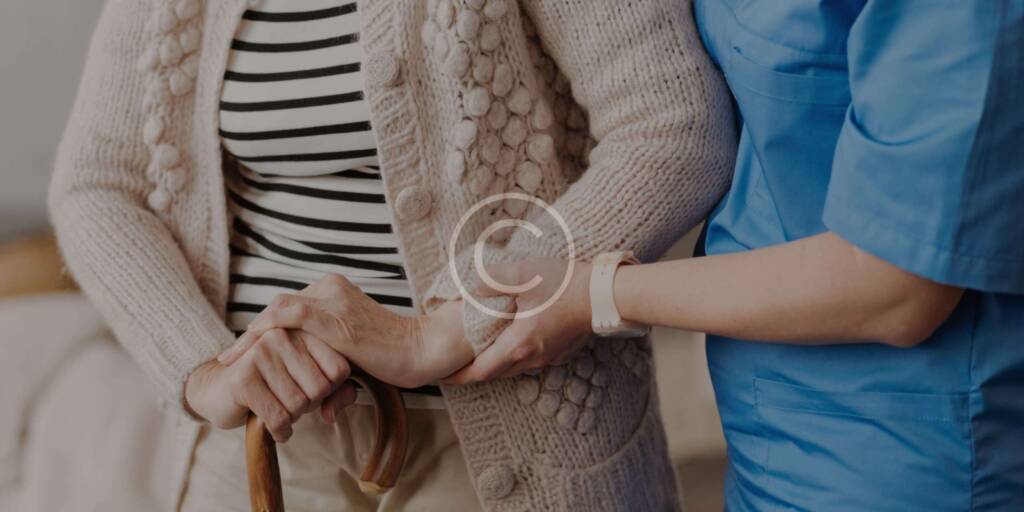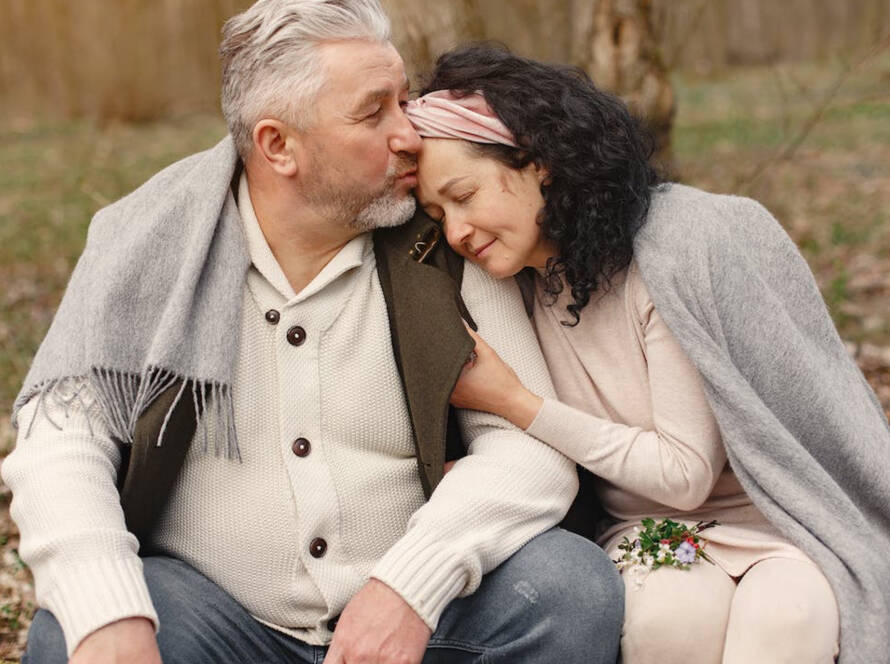
Fall Prevention
By Becky Salazar, Executive Director
Egyptian Area Agency on Aging
Falls are the leading cause of fatal and non-fatal injuries for older people. Many comedians make us laugh as they take a fake spill. However, falling is no laughing matter for an older person.
Falls threaten older people’s safety and independence. They generate enormous economic and personal costs. The Center for Disease Control estimates that 2.8 million older people are treated in emergency rooms because of a fall, with over 800,000 being hospitalized. About 300,000 older people are treated for hip fractures annually, usually because of a fall.
However, falling is not inevitable just because someone grows older. The good news is that through practical lifestyle adjustments and evidence-based falls prevention and exercise programs, the number and severity of falls among older people can be substantially reduced. Many of the local senior centers have Matter of Balance and Bingocize to offer. These programs contain a great deal of information on fall prevention, as well as some exercises to strengthen and help avoid falls.
For example, regular exercise improves strength, balance, and coordination. A doctor or pharmacist can review medications for such side effects as drowsiness or dizziness.
Other practical steps that can be taken include removing hazards in the home to reduce falls, such as the following.
- Installing handrails and a ramp to the front door
- Installing grab bars in the bathroom
- Wiping up slippery spills
- Improving lighting especially on stairs
- Removing throw rugs and other clutter that can cause tripping
- Wearing supportive shoes with soles that grip
- Staying inside when bad weather makes walking outdoors more difficult
The Centers for Disease Control recommends strategies to prevent older people from falling. Have your vision checked by an eye doctor. Wearing the wrong glasses or having a condition such as glaucoma or cataracts limits vision and can increase the chances of falling.
Find a good balance and exercise program. Talk to your health care provider about your risk of falling, recent falls, and medication interaction. In addition, get your eyes and ears checked annually and keep your eyeglasses updated.
For information about other services on aging and people with disabilities, call your local senior center listed in the white pages or my office at 1‑888‑895‑3306. Visit us on the Internet at www.EgyptianAAA.org.

